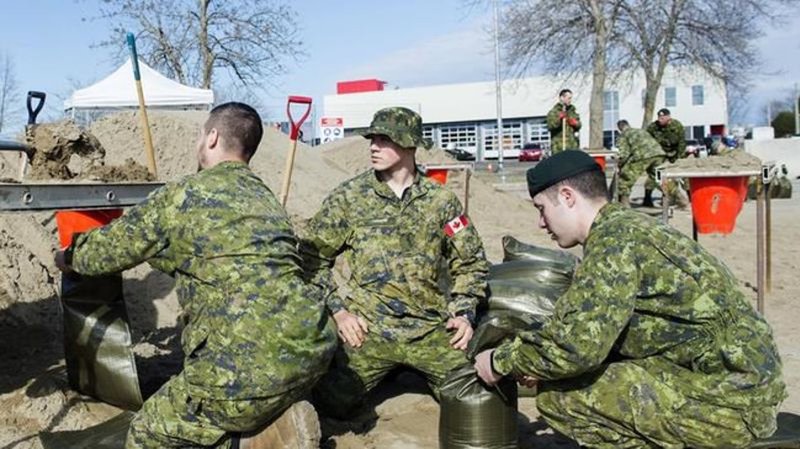
Canadians reassured to see military helping during local emergencies, Blair says
OTTAWA — Defence Minister Bill Blair says Canadians want to see the military come to their aid during natural disasters, and the Armed Forces will remain a key part of the government’s response.
“There is just something, I think, incredibly reassuring to Canadians when the Canadian Armed Forces show up and men and women in uniform are out in their communities and they’re sandbagging and helping people evacuate and get to safety,” he said in a recent interview.
Blair, who was moved from the Emergency Preparedness portfolio to head up Defence in last month’s cabinet shuffle, has been involved in co-ordinating the federal government’s response to various disasters. Those included floods caused by an atmospheric river in British Columbia in 2021, wildfires that have raged across the country each summer and the devastation caused by Hurricane Fiona in Atlantic Canada last year.
And the number of calls for help is rising.
